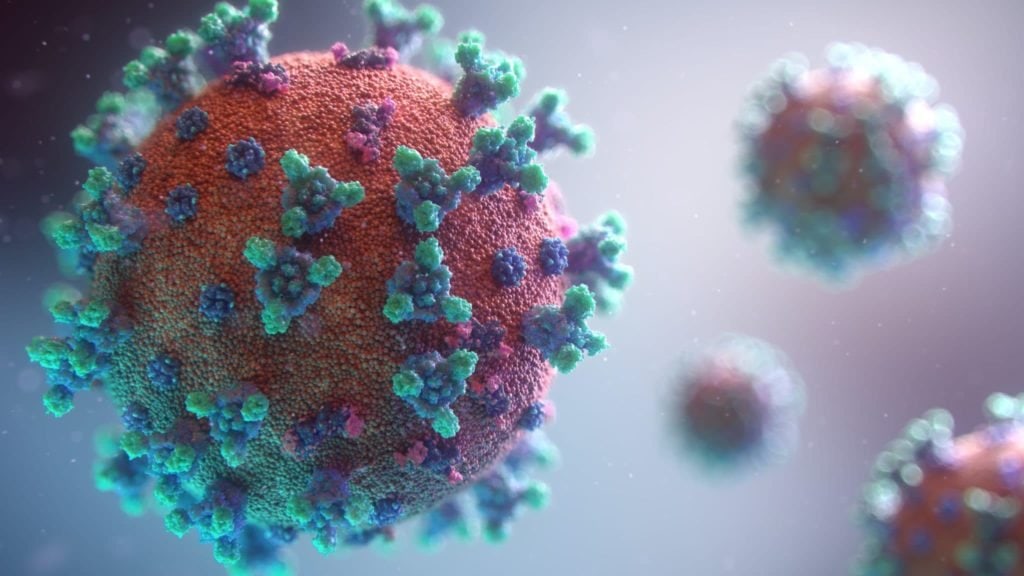Spirulina Significantly Reduces COVID-19 Mortality: Study
Hospitalized COVID-19 patients who took spirulina had a lower risk of death than those who did not, according to the results of a randomized controlled trial recently published in Frontiers in Immunology.

Study participants took spirulina for six days. No deaths were recorded in the spirulina group, while 15 percent of those who only received standard treatment died.
“The overall results of the present study showed that a six-day course of Spirulina platensis plus the standard treatment of COVID-19 was superior in the recovery of patients compared to standard treatment alone,” the authors wrote.
The study was conducted at two Iranian hospitals, where 189 patients were randomized to take 15.2 grams of spirulina capsules alongside standard COVID-19 treatment or only receive standard treatment. Previous research showed that this dosage of spirulina would provide potent anti-inflammatory and antioxidative effects.
In both the experimental and control groups, half of the patients were in the intensive care unit (ICU), while the other half were in a non-ICU.
Ninety-one participants were assigned to take spirulina. Some withdrew, but there were no deaths. There were 98 people in the control group, 46 of whom were in the non-ICU. Four of these died, alongside 11 ICU patients. All patients received follow-up for seven days.
The authors noticed that the spirulina group had significant reductions in inflammatory markers in their blood and higher oxygen levels.
What Is Spirulina?
Spirulina, or Arthrospira platensis, is a nutrient-dense type of dried-up blue-green algae that can grow in both fresh and marine water environments.“It doesn’t surprise me that there are benefits from adding this to the diet and regimen of those in hospital,” Dr. Yusuf Saleeby, an integrative medicine doctor and director of Carolina Holistic Medicine not involved in the study, told The Epoch Times.
Spirulina is rich in beta carotene, B-complex vitamins, vitamin E, and minerals such as manganese, copper, zinc, and selenium.
“All these are important in maintaining health and a healthy immune system,” he said.
It also contains an essential fatty acid called gamma-linolenic acid.
In his trial, 102 unvaccinated individuals were assigned to take six grams of spirulina for six months, while 84 participants in the control group took nothing.
Other Health Benefits
Spirulina has also been shown to help reduce blood lipid and cholesterol levels.A study in heart disease patients found that spirulina supplements could reduce triglycerides and low-density lipoprotein cholesterol, considered the “bad” form of cholesterol.
Side Effects and Sources
In the Iranian study, researchers observed no side effects but noted that it is difficult for patients to adhere to a daily regimen of high-dose spirulina. To reach 15 grams of spirulina, patients had to consume 19 capsules per day.Side effects from spirulina may include cramping, bloating, nausea, headaches, and insomnia. People who are allergic to spirulina can develop rashes, and contaminated spirulina may exacerbate autoimmune conditions and lead to blood thinning.
Some people also think that spirulina has an unappealing taste. Depending on the environment from which it is harvested, it may taste earthy, bitter, fishy, or salty.
Dr. Saleeby cautioned that sourcing spirulina from trusted brands is essential because it can be adulterated and contaminated with various heavy metals. Freshwater spirulina may be contaminated with toxins produced by other freshwater cyanobacteria in the environment.
In stores, spirulina is often sold as a dried blue-green powder, sometimes packed into capsules or tablets. Because its antioxidizing potential can be easily degraded when it is exposed to heat or sunlight, spirulina must be kept in cool, shaded areas.
Reposted from: https://www.theepochtimes.com/health/high-dose-spirulina-significantly-reduces-covid-19-mortality-study-5627983





.png)


Comments
Post a Comment